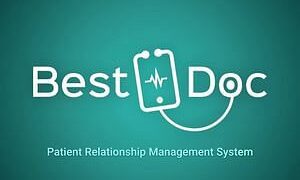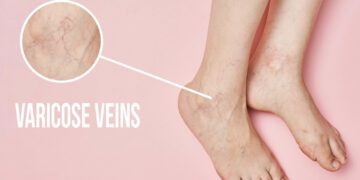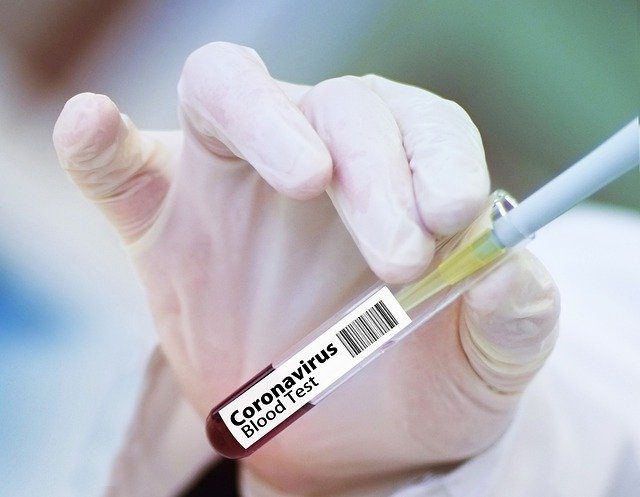The number one priority in the world at the moment is finding a cure or a vaccination for the coronavirus. Most of the leading nations in the world are at various stages of development of the vaccine for Covid-19.
Trials of the vaccine developed by Oxford University show it can trigger an immune response and a deal has been signed with AstraZeneca to supply 100 million doses in the UK alone. While a group in China showed a vaccine was safe and led to protective antibodies being made. It is being made available to the Chinese military.
Different approaches have been put into action to come up with a vaccine for the recent virus that has caused havoc. Hence, scientists are looking for passive protection that can help protect against the virus and can be useful for temporary purposes.
Vaccines take years to develop, if not decades. But researches all across the globe are trying to achieve the same in a matter of few months.
Most experts think a vaccine is likely to become widely available by mid-2021, about 12-18 months after the new virus, known officially as Sars-CoV-2, first emerged.
In the process, scientists have come up with the discovery of an antigen to elicit neutralizing antibody responses. But there is still a question mark regarding how long can these antigens protect us from the virus without the vaccine. Another of the quest is the development of recombinant neutralizing antibodies.
These molecules are chosen by their uniqueness and maybe irreplaceable in protecting people with underlying diseases or senior citizens or even people in the healthcare field as well. They are already being tested to use on a large scale via clinical trials and confer passive immunity in animal models too.
Another strategy is to use convalescent plasma therapy from already recovered COVID-19 patients. Synthetic antibody libraries are built on platforms that are adaptable to allow large-scale production of antibodies.
It is a very important consideration as the scope of the demand is global; specifically when the therapy needs to be effective and also affordable. The study revolves around a platform that has been found to contain a fully-human germline antibody gene that produces a high yield of antibodies. These antibodies, when linked to a bacteriophage system, create a strong binding with the antigen.
Currently, human serum albumin is produced at an industrial scale within the yeast Pichia Pastoris, which can be adapted to generate neutralizing antibodies for the current or the future scenario. In conclusion, the highest affinity mAb entirely neutralizes a live SARS-CoV-2 virus in cell culture for four days at a concentration of 6.7 nM, signifying potential therapeutic or prophylactic use.






































